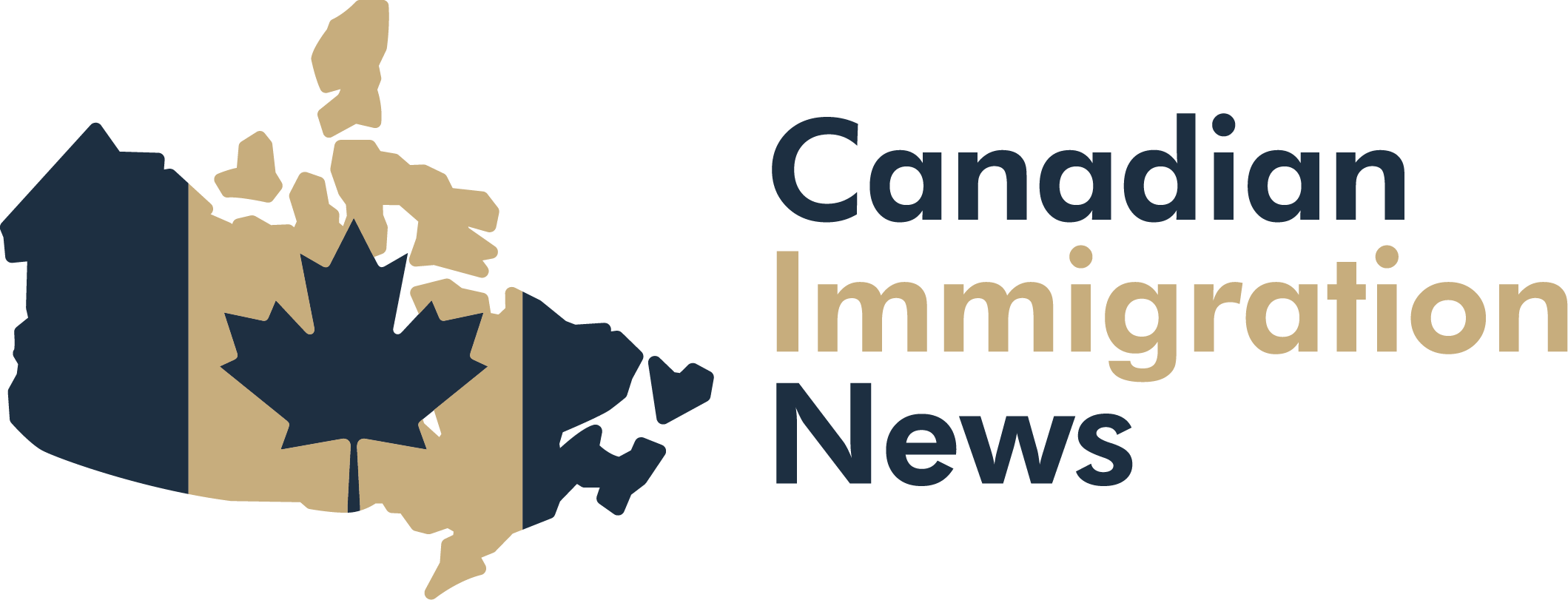North Okanagan-Shuswap announces sectors and occupations for RCIP
North Okanagan-Shuswap has published its list of priority sectors and occupations for the Rural Community Immigration Pilot (RCIP).
The priority sectors are
- Health;
- Education, Law and Social, and Community and Government Services;
- Sales and Service;
- Trades and Transport; and
- Manufacturing and Utilities
Discover if You Are Eligible for Canadian Immigration
North Okanagan-Shuswap’s eligible occupations for the RCIP can be found below:
| Occupation | NOC code |
|---|---|
| Accounting technicians and bookkeepers | 12200 |
| Accounting and related clerks | 14200 |
| Accommodation service managers | 60031 |
| Administrative assistants | 13110 |
| Appliance servicers and repairers | 72421 |
| Assemblers and inspectors of other wood products | 94211 |
| Automotive service technicians, truck and bus mechanics and mechanical repairers | 72410 |
| Carpenters | 72310 |
| Construction trades helpers and labourers | 75110 |
| Early childhood educators and assistants | 42202 |
| Executive housekeepers | 62021 |
| General office support workers | 14100 |
| Hairstylists and barbers | 63210 |
| Heating, refrigeration and air conditioning mechanics | 72402 |
| Heavy equipment operators | 73400 |
| Labourers in wood, pulp and paper processing | 95103 |
| Machinists and machining and tooling inspectors | 72100 |
| Manufacturing managers | 90010 |
| Nurse aides, orderlies and patient service associates | 33102 |
| Pharmacy technical assistants and pharmacy assistants | 33103 |
| Plastic products assemblers, finishers and inspectors | 94212 |
| Plumbers | 72300 |
| Restaurant and food service managers | 60030 |
| Social and community service workers | 42201 |
| Welders and related machine operators | 72106 |
The minimum wage for restaurant and food service managers, accommodation service managers, and executive housekeepers is $25. The minimum wage for all other occupations is $22.
The community has also released a recommendation cap per employer for the occupations listed below. Others do not have caps or are still to be established.
- Accommodation service managers (2);
- Assemblers and inspectors of other wood products (10);
- Construction trades helpers and labourers (10);
- Executive housekeepers (2);
- Labourers in wood, pulp and paper processing (10);
- Plastic products assemblers, finishers and inspectors (10); and
- Restaurant and food service managers (2).
Certain restrictions have been placed on two subsectors:
| NAICS | Subsector | Recommendation cap by subsector | Recommendation cap per employer |
|---|---|---|---|
| 722512 | Fast food (limit-service eating places) | 40 | 2 |
| 4471 | Gasoline stations | 20 | 2 |
The Rural Community Immigration Pilot (RCIP) offers a route to permanent residency for foreign nationals with job offers in select rural communities.
Each community is permitted to select up to five sectors or industries that will be eligible for participation in the RCIP, which they can alter once per year throughout the duration of the pilot.
An employer must be designated by a community economic development organization in order to offer a qualifying job offer.
In addition to having a job offer from a designated employer in a participating community, foreign nationals must meet other requirements to qualify for the RCIP.
The North Okanagan-Shuswap community is located in British Columbia and encompasses two regions: the northern part of Okanagan Valley and the Shuswap region.
When do intake windows open?
Qualifying job offers must be from designated employers; employer designation opens on May 1.
North Okanagan-Shuswap will have five intake windows throughout 2025:
- May 12 to May 26.
- July 7 to July 21.
- August 25 to September 8.
- October 13 to October 27.
- November 24 to December 8.
In between each intake window, recommendation meetings will be held.
What is the significance of the priority sectors and occupations under RCIP?
As the RCIP is an employer-focused pathway, only employers who conduct business in at least one of the priority sectors and occupations outlined above will be eligible to
- Become a designated employer; and
- Participate in the RCIP.
North Okanagan-Shuswap has stated that when assessing eligibility, the industry or sector will take precedence over the NOC code.
Even if a job offer falls under a priority NOC code, the employer must still belong to a priority sector to qualify for the program.
Aside from North Okanagan-Shuswap, the following communities have revealed their list of priority occupations and sectors, as of the time of writing:
- Timmins;
- Brandon;
- Sault Ste. Marie; and
- Thunder Bay.
The other participating communities are expected to publish their priority occupations and sectors in the near future.
For candidates to reside and work in the North Okanagan-Shuswap community, they must have a valid job offer and meet additional eligibility criteria, including scoring at least 50 points through the region’s point system.
Only candidates with the highest number of points will be considered when applying for community recommendation.
Which communities in the North Okanagan-Shuswap are eligible?
The eligible area covers the entire Regional District of the North Okanagan, as well as Electoral Areas C, D, E, F, and G of the Columbia Shuswap Regional District, including the City of Salmon Arm.
Eligible communities include, but are not limited to, the following:
- Armstrong.
- Ashton Creek.
- Anglemont.
- Blind Bay.
- Bench.
- Celista.
- Cherryville.
- Coldstream/Lavington.
- Deep Creek.
- Enderby.
- Falkland.
- Grindrod.
- Lumby.
- Salmon Arm.
- Scotch Creek.
- Sicamous.
- Silver Creek.
- Sorrento.
- Spallumcheen.
- Vernon.
What is the RCIP?
The Rural Community Immigration Pilot (RCIP) is federal employer-driven pilot pathway to permanent residence (PR), which was launched on January 30, 2025.
It was designed to help address labour shortages within the 14 participating communities, allowing foreign nationals seeking to settle in one of these communities to obtain PR.
Foreign nationals must have a genuine job offer from a designated employer based in one of the eligible communities in order to apply.
This pilot is set to run for five years.
Occasionally, successful pilots lead to the establishment of permanent immigration programs, such as the Atlantic Immigration Program.






